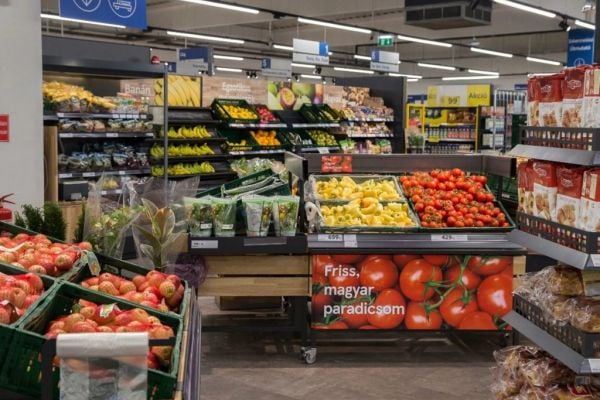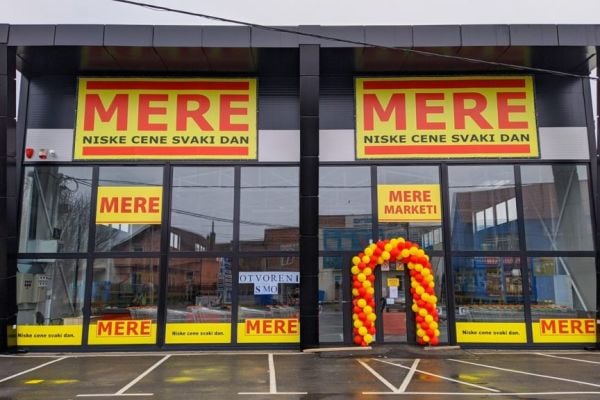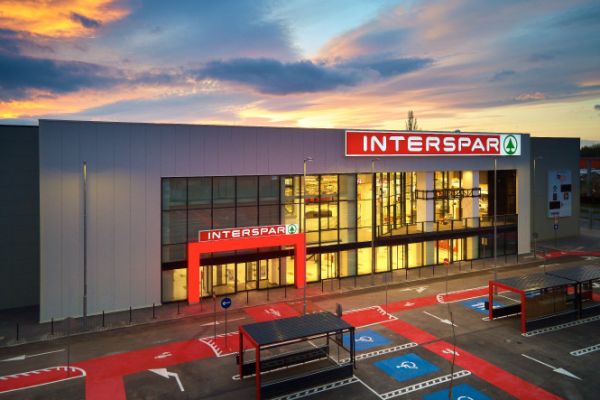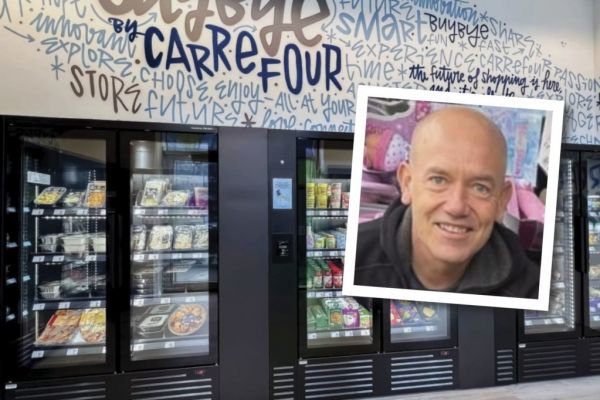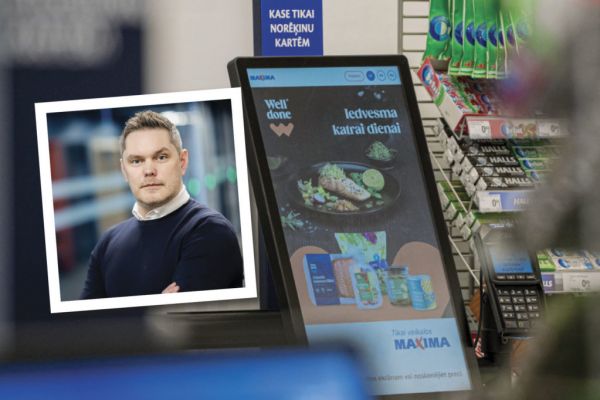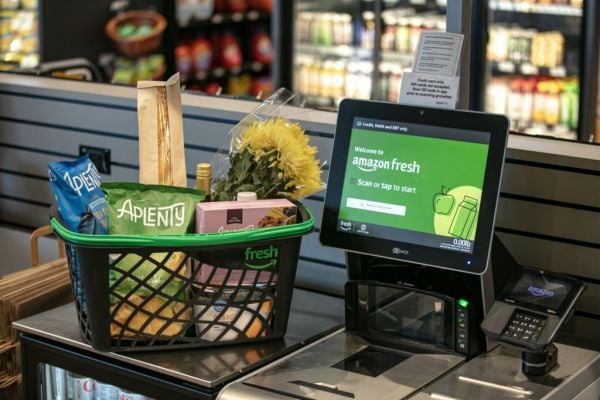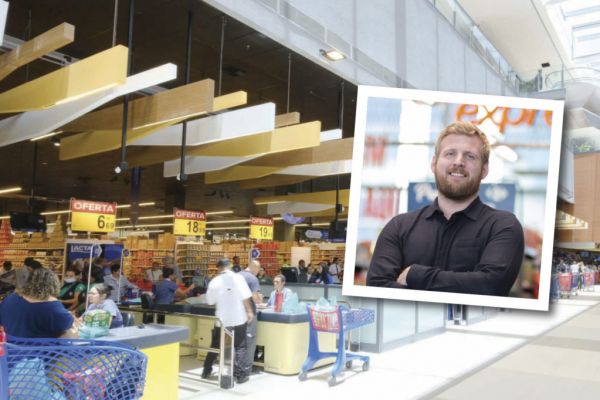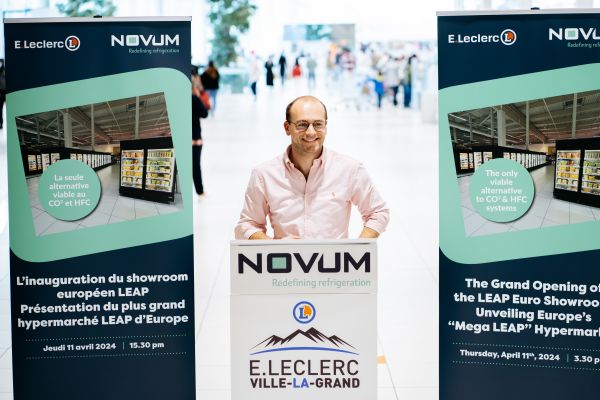Quick commerce startup Grovy is seeking to expand its operations in Central and Eastern Europe, following the completion of a €3 million financing round led by Lighthouse Ventures.
The Frankfurt-based firm, which was founded by Thomas Asmarome, Thomas-Christian Adam, Justin Adam and Georgis Asmarome (pictured) already operates offices in Prague and Bucharest, and is targeting expansion into other major cities throughout the region.
Like many of its competitors, Grovy utilises a network of 'dark store' warehouses to offer deliveries to consumers within ten minutes. Purchases through the platform have no minimum order value; instead the company uses a flat delivery fee that is waived for orders above €40.
Regional Market Leader
Having built up experience in Frankfurt and Mainz since its foundation in 2020, the group now has ambitions to become the regional market leader in the Central and Eastern European marketplace.
“Frankfurt and Mainz, with their high demand for quick commerce solutions, served as the perfect sandbox," commented Justin Adam, co-founder and CEO of Grovy. "But rather than replicate our model in other German cities, we are bringing it to larger cities across the CEE region, where 10-minute delivery is still a novelty and the potential to scale is massive.
"There are millions of urbanites in the region who can benefit from not having to stand in line at the supermarket every other day."
Accelerate Expansion
Grovy will use the funds generated through its financing round to accelerate expansion in the region, beginning with its current operations in Czechia and Romania, as well as Poland and Hungary, with the group set to have a presence in Warsaw and Budapest in the first half of 2022.
The company has also taken a standpoint with regard to the fair treatment of workers in the so-called 'gig economy' – instead considering each of its 250 full-time employees as members of a team.
From a sustainability perspective, the business also offers discounts on 'ugly' produce and soon-to-expire perishables, and has teamed up with food waste startups such as Too Good To Go on efforts to keep food waste low.
News by Reuters, edited by ESM. For more Technology news, click here. Click subscribe to sign up to ESM: European Supermarket Magazine.

